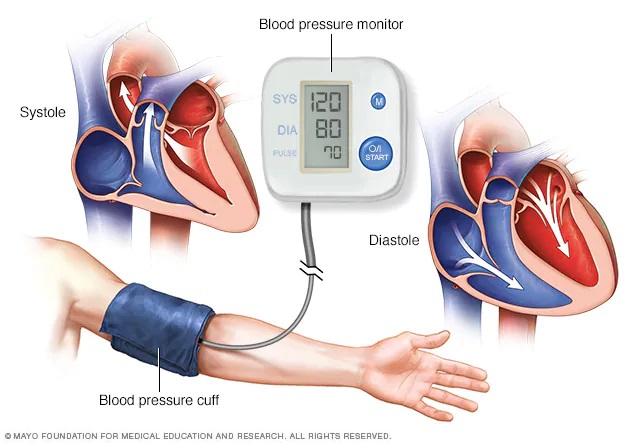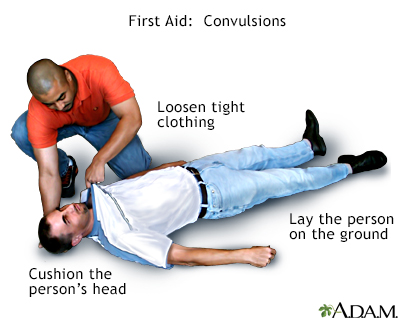Are you looking for the best BP Problem Treatment in India? BP has become a very huge problem among many people lately. High BP usually develops over many years, and it has an effect on nearly everyone. Luckily, high blood pressure can be easily detected. And once you know you have high blood pressure, you can work with your neurotherapy doctor to manage it.
The neurotherapy health specialist Dr. Lajpatrai Mehra is well known by people who have been cured by him for their BP Problem Treatment By Neurotherapy. His work has provided a sign of hope to all the BP patients that come to him. Neurotherapy Health Care offers the best treatment to their BP patients.
This is done without the help of any medicines and the treatment reduces the symptoms of the BP after the treatment is completed. If you are or someone near and dear to you is suffering from BP then you should definitely visit them as they offer the best BP Problem Treatment Using Neurotherapy India.










